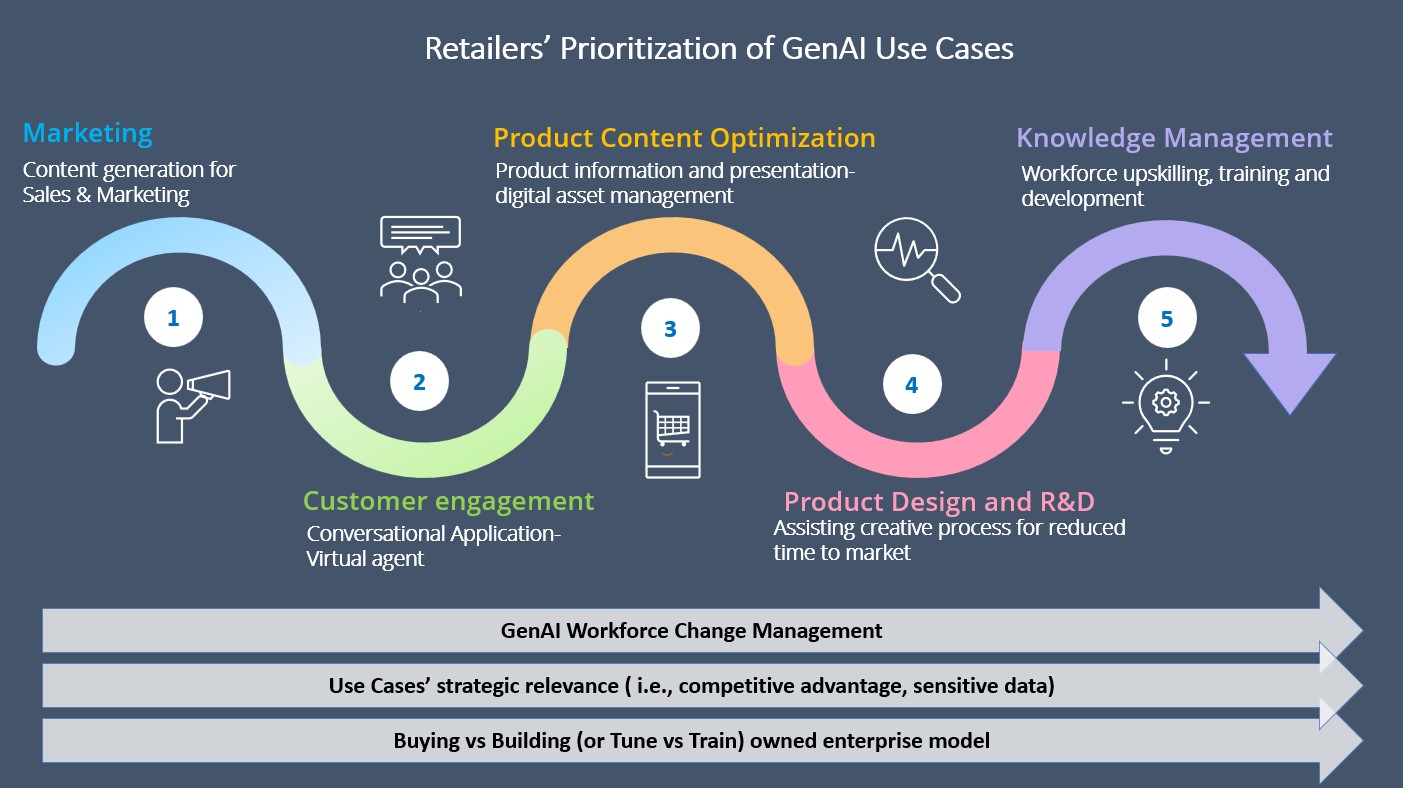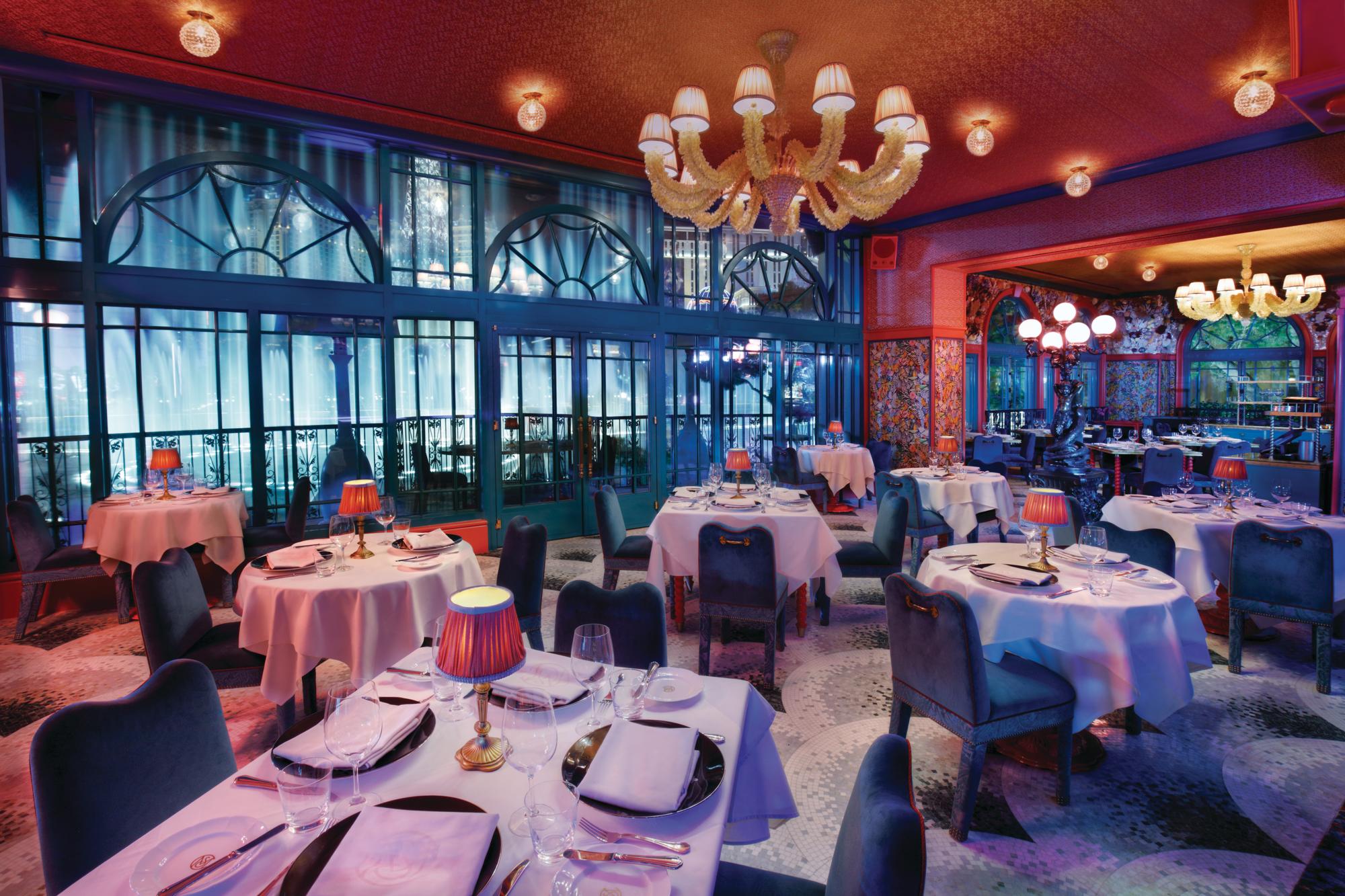Discover how GenAI, purpose-driven branding, and emotional intelligence are redefining the luxury goods industry in 2025. Explore five macro drivers transforming how top brands like Gucci, Hermès, and Louis Vuitton adapt to the new age of digital luxury and human connection.
Luxury in 2025 is no longer just about exclusivity—it’s about meaning, emotion, and AI-driven personalization. This in-depth analysis explores five macro drivers—Generative AI, Purpose, Emotion, Hyper-Personalization, and Digital Culture—that are reshaping how global luxury brands attract, engage, and retain high-value consumers in an era defined by data and empathy.
The Emotional Renaissance of Luxury
The luxury goods market is undergoing one of the most profound transformations in decades. Fueled by GenAI innovation, purpose-led branding, and emotionally intelligent storytelling, this shift is redefining what “luxury” means in the eyes of a new generation of consumers.
Luxury is no longer about possessing rare objects—it’s about experiencing rare emotions. From AI-personalized handbags to sustainable haute couture, consumers are demanding deeper value, authenticity, and digital immersion.
According to McKinsey’s 2024 State of Fashion report, the global luxury market is projected to exceed $420 billion by 2030, with Gen Z and Millennials driving nearly 70% of sales. Yet, their definition of luxury is unlike any before—it’s fluid, tech-driven, ethical, and emotional.
In this blog, we explore the five macro drivers that are reshaping the luxury goods market in 2025 and beyond.
1. Generative AI: The Engine of Luxury Reinvention
How Is GenAI Transforming Luxury Design and Storytelling?
Generative AI (GenAI) is revolutionizing how luxury brands design, create, and communicate. From virtual couture to AI-driven product co-creation, GenAI enables brands to fuse technology with creativity—resulting in bespoke experiences at scale.

Key Trends:
- AI-crafted experiences: Gucci and Balenciaga are experimenting with AI-generated fashion drops, using deep learning to design capsule collections aligned with cultural trends.
- Virtual influencers: Prada’s AI persona “Candy” represents an emotional bridge between digital and human storytelling.
- Predictive personalization: Dior and Cartier use AI analytics to anticipate buying behaviors, offering hyper-tailored recommendations.
Real-World Example
LVMH partnered with OpenAI and Salesforce to integrate GenAI assistants in their customer service and marketing pipelines. This AI tool helps stylists instantly generate curated wardrobe looks based on customer preferences, mood, and social events.
Why It Matters
GenAI doesn’t replace craftsmanship—it enhances it. In luxury, the future belongs to brands that humanize AI, turning technology into an emotional co-creator rather than a cold algorithm.
2. Purpose-Driven Luxury: The Rise of Ethical Desire
What Does “Purpose” Mean for Modern Luxury?
The new era of affluence is values-based. Consumers, particularly Gen Z, prioritize brands that align with their social and environmental ethics. According to Bain & Company (2024), nearly 75% of luxury consumers expect brands to have a clear sustainability agenda and moral stance.

Evolving Consumer Mindset
Luxury is no longer about indulgence—it’s about impact.
Customers ask:
- What does this brand stand for?
- How does this product make a difference?
- Does this purchase align with my personal values?
Brand Case Studies
- Chanel Mission 1.5° aligns its business strategy with the Paris Agreement, investing heavily in sustainable materials.
- Stella McCartney continues to pioneer cruelty-free fashion with regenerative agriculture partnerships.
- Tiffany & Co. provides full diamond traceability, appealing to ethically conscious buyers.
The Strategic Payoff
Purpose isn’t philanthropy—it’s a business model. Brands with strong ESG narratives see 2.5x higher customer loyalty and 35% faster sales growth (Deloitte, 2024). Purpose-driven positioning has become the new luxury currency.
3. Emotion as the Ultimate Differentiator
Why Emotion Is the New Luxury Language
In an AI-saturated world, emotion is the final frontier that machines can’t replicate. Emotional luxury is built on stories that make people feel seen, understood, and inspired.
Luxury brands now design emotions, not just products.
Neuro-Luxury: The Science of Feeling
Advances in neuroscience marketing reveal that emotional resonance influences 95% of purchase decisions (Harvard Business Review, 2023). Emotional storytelling taps into the limbic system—the brain’s emotional core—turning a transaction into transformation.
Examples of Emotional Branding
- Louis Vuitton’s “Creating Infinity” campaign with Yayoi Kusama blended art, emotion, and augmented reality, creating a multisensory experience.
- Rimowa’s “Never Still” series showcases real human journeys—infusing empathy into a traditionally elite category.
- Burberry’s “Open Spaces” campaign merges adventure and freedom, mirroring emotional autonomy.
Practical Takeaway
Luxury brands that measure emotional engagement (not just clicks or conversions) outperform peers by 40%. Emotion creates loyalty beyond logic—it makes a brand irreplaceable.
4. Hyper-Personalization & Data Luxury
How Are Data and Emotion Intersecting in Luxury?
Personalization is no longer optional—it’s expected. McKinsey’s 2024 insights show that 71% of consumers expect personalized interactions, and 76% feel frustrated when brands fail to deliver them.
AI-Powered Personalization in Action
- Cartier’s “Luxury Concierge” uses AI to predict the perfect jewelry gift based on personal milestones.
- Burberry’s digital trench coat tool allows customers to co-create designs online with real-time visualization.
- Hermès AI leather assistant helps match buyers with rare skins and colors based on emotional tone preferences.
Privacy Meets Exclusivity
Modern consumers crave intimacy without intrusion. That’s why zero-party data (information willingly shared by the customer) is becoming a gold standard for premium personalization.
Luxury brands leverage GenAI with privacy-by-design models, offering tailored experiences while respecting digital boundaries.
5. Digital Culture, Web3 & Experiential Immersion
How Is Technology Redefining Luxury Spaces?
The luxury industry’s future lies in digital-physical convergence—a blend of immersive virtual experiences and tangible craftsmanship. Web3, AR, and digital twins are creating entirely new arenas for brand storytelling.

Digital Collectibles and Metaverse Luxury
- Gucci Vault sells digital collectibles alongside vintage physical items.
- Dolce & Gabbana’s “Collezione Genesi” NFT fetched nearly $6 million, proving digital scarcity has real-world value.
- TAG Heuer integrates NFT display features into its smartwatches—fusing tech with elegance.
Immersive Retail & AI Concierges
Brands like Ralph Lauren and Louis Vuitton are launching AI-powered virtual boutiques, enabling shoppers to experience luxury from home with photorealistic 3D environments.
Why Digital Emotion Wins
Digital luxury isn’t about screens—it’s about sensations. Immersive tech enables emotion at scale, making exclusivity experiential rather than physical.
The Emerging Luxury Consumer: A Psychological Shift
The new luxury consumer isn’t defined by wealth—it’s defined by identity and belonging. Affluent millennials and Gen Z buyers seek emotional connection, authenticity, and purpose above all.
Top Behavioral Insights:
- 60% of Gen Z buyers discover luxury brands via TikTok and Instagram Reels.
- 80% of luxury consumers follow at least one AI influencer or digital fashion creator.
- Emotional storytelling drives 23% higher willingness to pay premiums (Bain & Co., 2024).
Luxury brands that fuse GenAI intelligence with human sentiment stand to win the hearts—and wallets—of tomorrow’s consumers.
10 Trending FAQs
1. What role does Generative AI play in luxury fashion?
GenAI enables brands to automate design ideation, predict trends, and personalize marketing. For instance, Gucci uses AI tools to generate capsule collections reflecting real-time cultural moods.
2. Why are emotions so important in luxury branding?
Emotion humanizes luxury, building deeper loyalty. Campaigns like Dior’s “J’Adore” show that storytelling evokes identity, not just aspiration.
3. How do luxury brands balance technology and tradition?
By merging digital innovation with craftsmanship. Hermès leverages AI in logistics but preserves handcrafting integrity—a hybrid model that honors both heritage and progress.
4. What is purpose-driven luxury?
It’s when luxury brands embed ethics, sustainability, and social contribution into their business model. Stella McCartney and Chloé are industry pioneers in this space.
5. How does Gen Z influence luxury trends?
Gen Z demands transparency, digital accessibility, and social responsibility. They value emotional narratives more than material prestige.
6. Are NFTs still relevant to luxury in 2025?
Yes, but evolved. NFTs are now integrated into loyalty ecosystems and exclusive membership experiences—bridging digital collectibles with tangible rewards.
7. How can luxury brands use AI without losing authenticity?
By using AI to augment creativity, not replace it. For example, Valentino uses AI to analyze audience sentiment before storytelling campaigns.
8. What does “emotional data” mean in luxury marketing?
It refers to insights gathered from consumer sentiment, tone analysis, and behavioral patterns—used to design emotionally resonant experiences.
9. How can smaller luxury brands compete in the AI era?
Niche brands can win by emphasizing craftsmanship, digital storytelling, and AI-powered personalization at a boutique scale.
10. What’s next for the luxury market beyond 2025?
Expect a fusion of neuro-emotion AI, sustainable innovation, and phygital ecosystems that merge real and virtual luxury seamlessly.
Where Emotion Meets Intelligence
Luxury’s next chapter isn’t defined by possessions—it’s defined by perception. GenAI, Purpose, and Emotion together form a triad of transformation that will determine which brands remain timeless and which fade into digital noise.
In 2025, the ultimate luxury is human emotion—amplified by intelligent technology.




